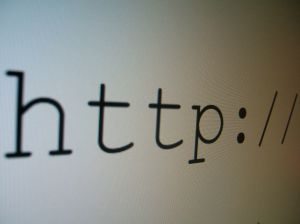

Microsoft patents on font DRM and other such malicious ideas should not be treated as news; this is old stuff, which was never likely to gain much of a foothold because FOSS browsers were around and were thriving. Google and Apple, however, joined with the monopolistic power of Microsoft, are now enjoying Adobe's role in Mozilla, which supports DRM after the DRM-hostile CEO got ousted.
Mozilla recently decided to add DRM in Firefox even if Mozilla hates it. Almost all video streaming websites use some kind of DRM and as Microsoft, Apple and Google has already implemented DRM in their browsers, Mozilla thinks not adding the DRM in Firefox would make it useless as a product as the user will have to switch to other browser everytime a user visits a website with DRM.
The publishing industry would give anything to have the option to impose DRM on all online text in the same way that the film industry has for video. Indeed, publishers were so desperate to add DRM to ebooks that many of them adopted Amazon's DRM system without thinking it through. By effectively making Amazon's system the de facto DRM standard, the publishing industry has handed control of the ebook system to the retailer - read this excellent post by Charlie Stross for a full explanation of what happened and what it means.
That experience, I think, is why the publishing industry has not so far pushed for DRM on the Web: it needed a completely neutral DRM standard that would not give control to any one entity. The new HTML5 DRM framework provides publishers with exactly what they need: power over users, but independence from any one DRM supplier.
DRM for video is simply a Trojan Horse for all the copyright industries. Once all the main browsers have adopted it for video, the publishing (and music) industry will be able to point out that extending it to their media will be a small step now that the basic plumbing is in place. By acquiescing in this move, Mozilla makes it even more certain that this will happen.